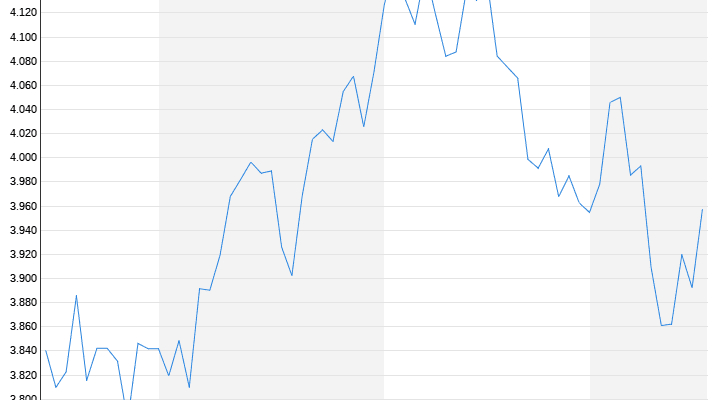Support actions for banks
Breathe a sigh of relief on Wall Street
03/16/2023 9:29 p.m
It is unlikely that a new financial crisis will arise from the difficulties of some banks. This insight is gaining ground among dealers and attracting buyers back onto the trading floor. The US stock markets are on the up.
Steps to resolve recent flare-ups in the banking sector have prompted a strong rebound in US stock markets from recent losses. On the one hand, Credit Suisse (CS), which had just gotten involved the day before, secured massive support from the Swiss National Bank (SNB) in the form of up to CHF 50 billion in order to preventively strengthen liquidity. The SNB had emphasized that it saw no evidence of a direct risk of contagion for Swiss institutions.
On the other hand, eleven US banks took a concerted action to help regional bank First Republic, which was caught in the crossfire after the Silicon Valley Bank (SVB) debacle, with a total of $30 billion in unsecured deposits. The move reflects their confidence in First Republic and in banks of all sizes, the financial institutions said. After initially falling another 36 percent, First Republic’s price turned positive and ended the day 10 percent higher.
The latest development shows again that regulators in both the US and Europe acted very quickly, said fund expert John Roe of Legal & General Investment Management. The fact that US Treasury Secretary Janet Yellen described the US banking system as stable despite the collapse of two medium-sized banks also provided confidence.
The Dow Jones Index ultimately increased by 1.2 percent to 32,247 points. For the broader S&P 500 it went up 1.8 percent, for the Nasdaq indicesin which not only many technology but also financial stocks are included, even by up to 2.7 percent.
ECB shows determination
After the drop in yields the day before, the bond market rose again significantly, at the short end much more than at the long end, because the likelihood was higher again that the US Federal Reserve in view of the aid measures for the banks in the coming week will raise interest rates by 25 basis points as planned in order to take decisive action against inflation.
The fact that the ECB raised the key interest rate by 50 basis points as planned also contributed to this assessment and thus resisted the temptation to interpret the problems of individual banks as signs of a banking crisis that was also triggered by monetary policy. In addition, it shows determination in fighting inflation as a prerequisite for growth and stable financial markets, it said. In addition, the ECB did not hold out the prospect of further interest rate hikes, but announced a data-dependent procedure.
The economic data published on the reporting day were largely lost compared to the banking and interest rate issues. The S&P 500 sub-index of banks rose 2.2 percent. Some of the smaller regional banks followed the roller coaster ride at First Republic. PacWest Bancorp rose by 0.7 percent after heavy initial losses, Western Alliance Bancorp increased by around 14 percent.
Adobe meanwhile gained 5.9 percent. The software company had published surprisingly strong business figures and raised its outlook. Snap (7.3 percent) and MetaPlatforms (3.6 percent) benefited from a report by the Wall Street Journal that the US government asked the Chinese company Bytedance to sell its video portal Tiktok for reasons of national security. Otherwise, Snap and Meta’s social media rival could face a ban.
In the commodity market, oil’s downtrend ended after three days of losses, hitting a 15-month low. Recent troubles in the banking sector had raised fears of a financial crisis, which in turn could lead to a recession and lower oil demand. Brent and WTI oil prices each rose by around one percent.
